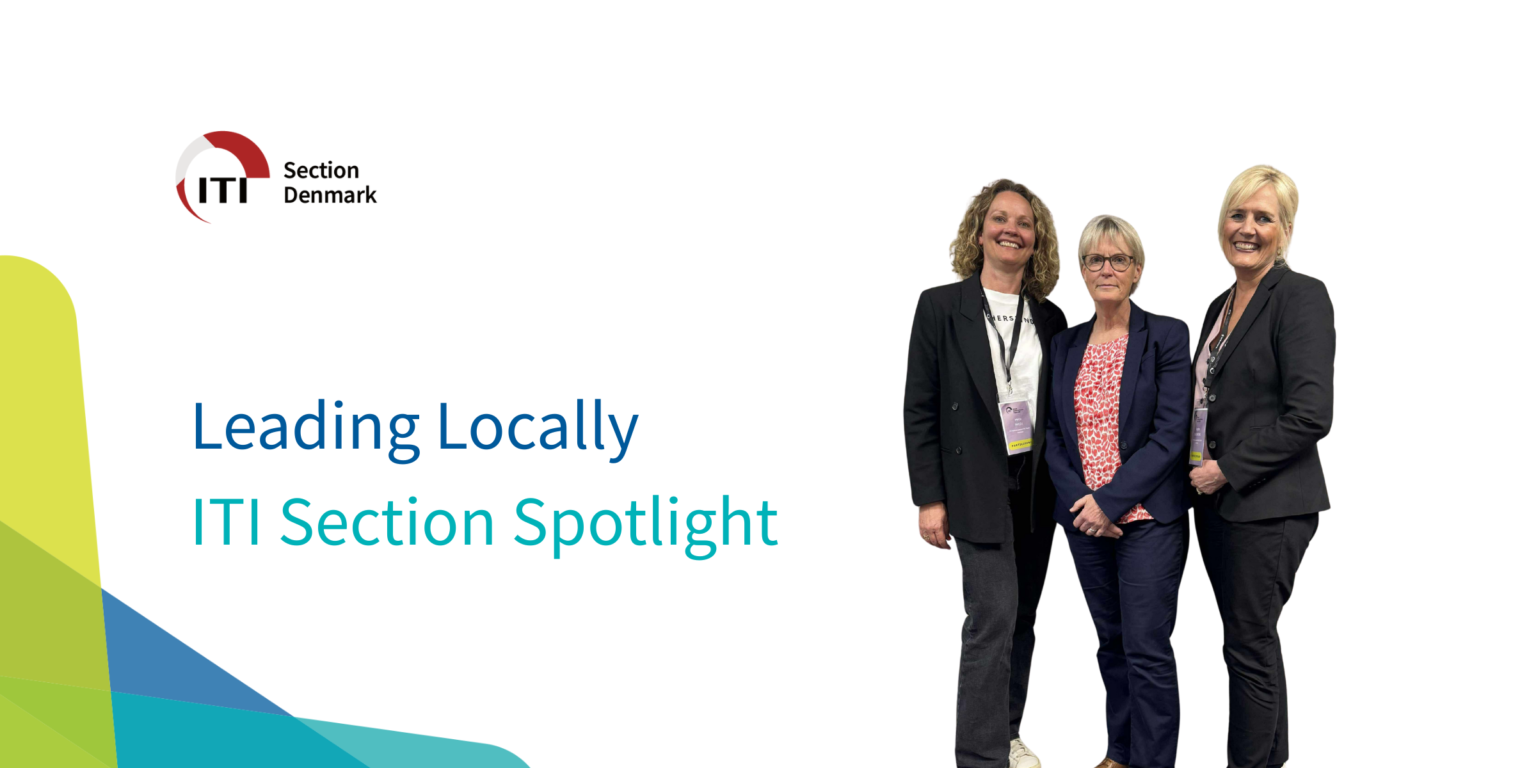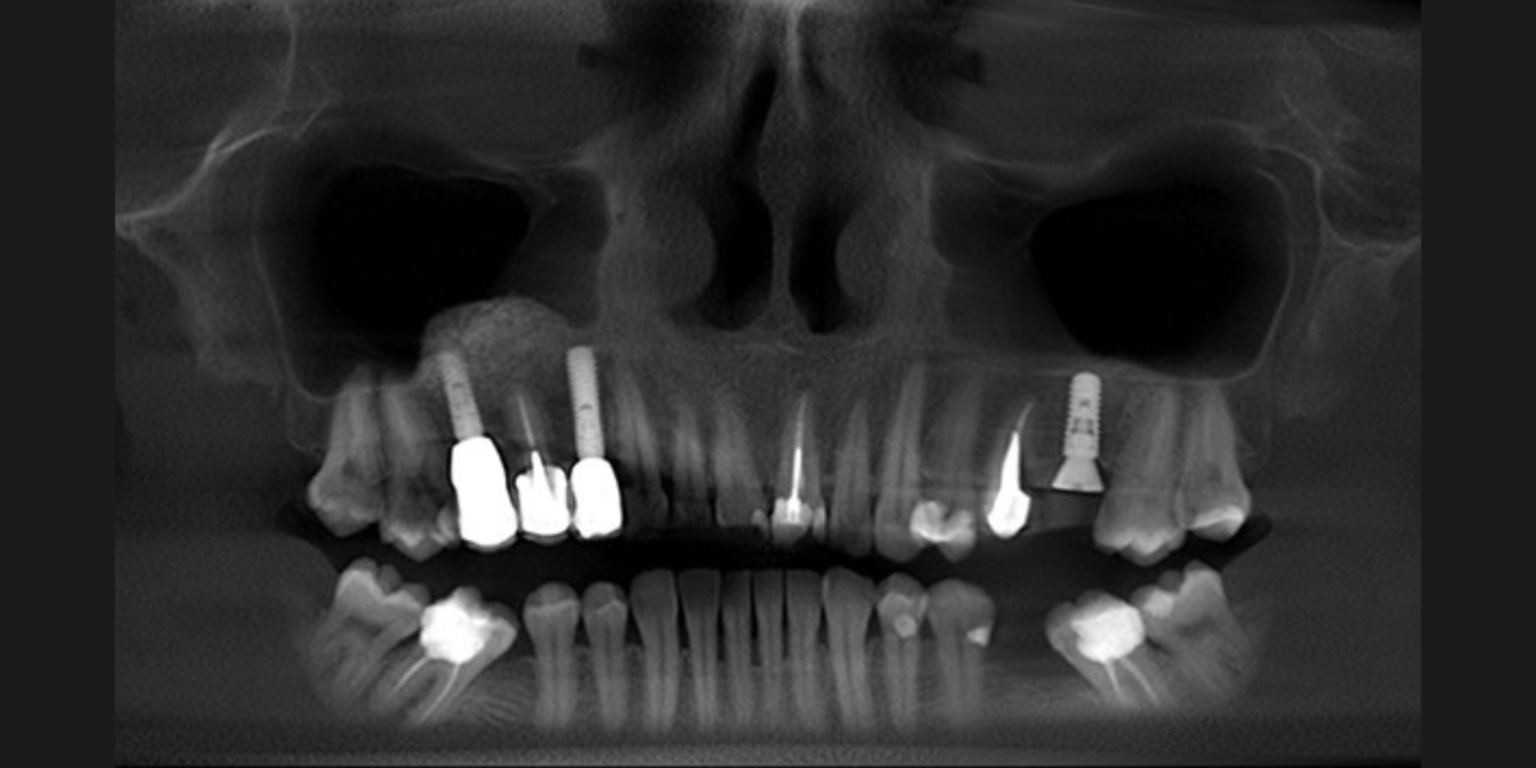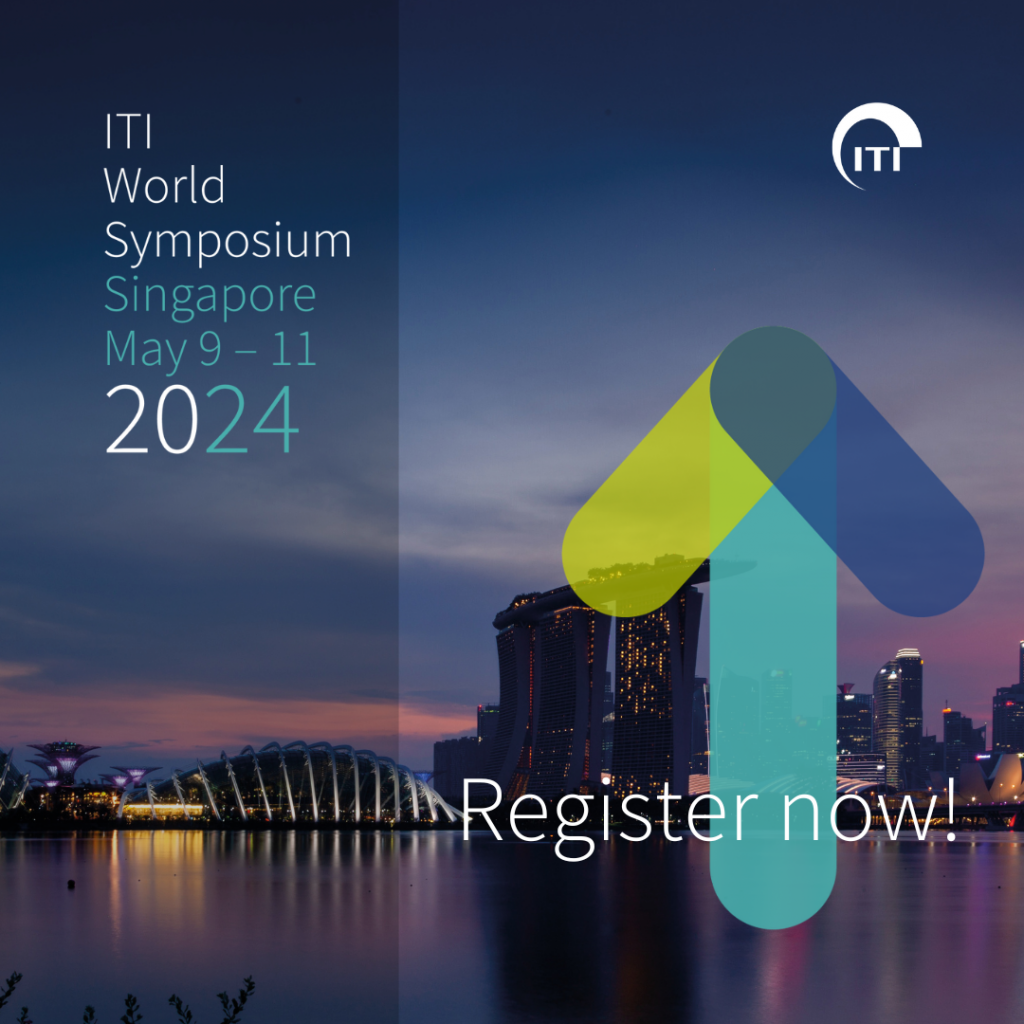With the André Schroeder Research Prizes, the ITI annually singles out two research teams for outstanding work in advancing dental research and development. We are very pleased to announce the winners of this year’s André Schroeder Research Prize: Jean-Claude Imber from Switzerland and Lorenzo Tavelli from Italy.
Jean-Claude Imber and his team received the André Schroeder Research Prize in the preclinical category for their study entitled “Spontaneous regeneration of keratinized tissue at implants and teeth”. The clinical prize was awarded to Lorenzo Tavelli and his team for their study “Coronally advanced flap versus tunnel technique for the treatment of peri-implant soft tissue dehiscences with the connective tissue graft: A randomized, controlled clinical trial”.
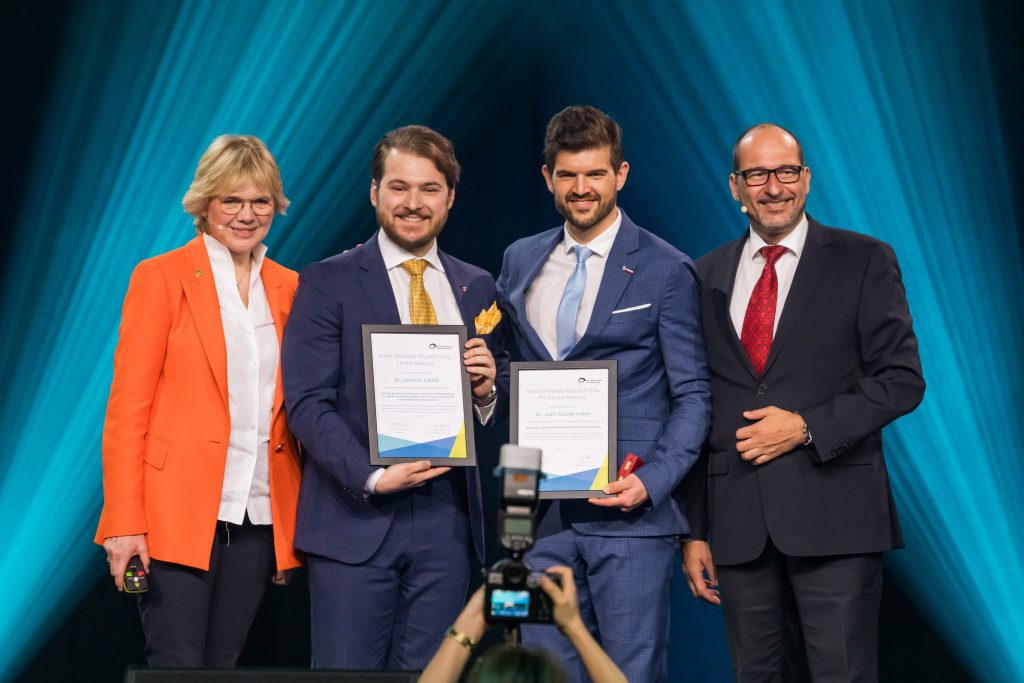
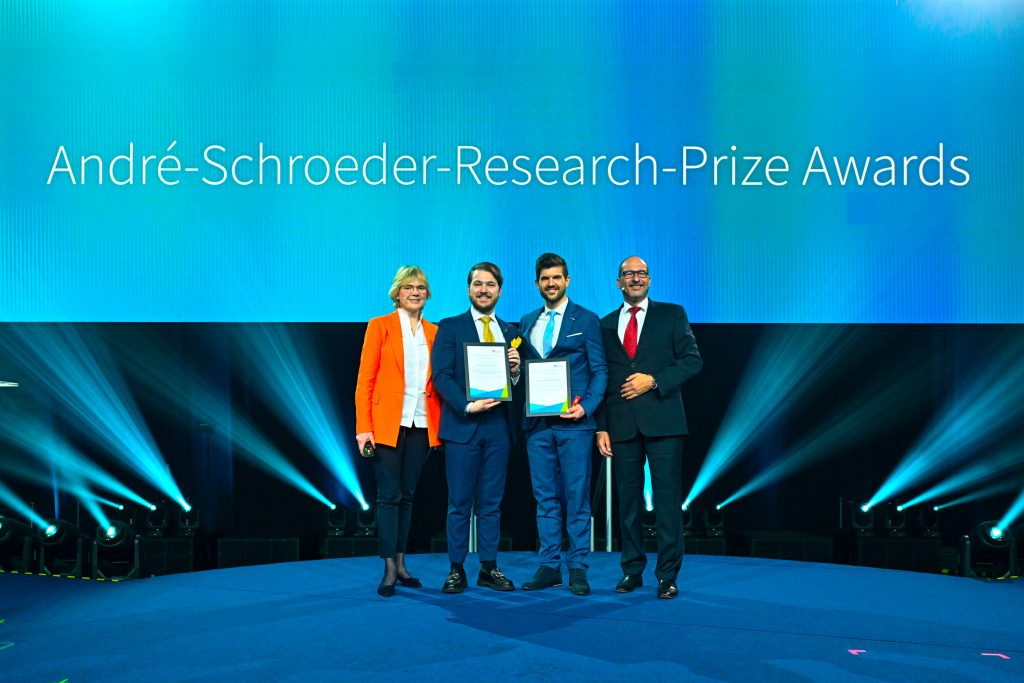
In this interview both winners talk about their studies and motivation as well as the impact winning this prize has had on them.
Congratulations to both of you on this award. How did you hear about the competition? Were you already familiar with the ITI?
Lorenzo: I have been a member of the ITI for a number of years and in the ITI community everyone knows that the André Schroeder Research Prize carries a great deal of prestige with it. At other ITI Symposia I saw excellent studies receiving this award, so when ours was ready I applied with the idea of further promoting our work and the efforts of our team.
Jean-Claude: On my first visit to the Dental School in Bern, our meeting took place in the André Schroeder auditorium. At the time I didn’t know who he was but as my studies progressed, I came to understand the profound impact he had had both on Bern and the field of implant dentistry. It was a pivotal moment for me when I saw the Award being presented to a distinguished scientist during the World Symposium in Basel. It struck me then that it would be truly extraordinary to aspire to this honor.
Is being a researcher something for everyone?
Jean-Claude: Becoming a researcher in implant dentistry demands deep passion for the field, an intrinsic motivation to explore and a dedicated commitment to advancing knowledge. A critical element of this journey is the guidance of experienced mentors. Their insights, shared experiences and constructive feedback shape a researcher’s approach and also serve as a compass in navigating the challenges of academia and research.
Lorenzo: One of the main factors is definitely passion. A lot of the time you have to find time at night or over the weekend to do research, and the motivation to do that comes from passion. Another key factor is working together with a team of colleagues and friends which plays an important role in dealing with the challenges of clinical research.
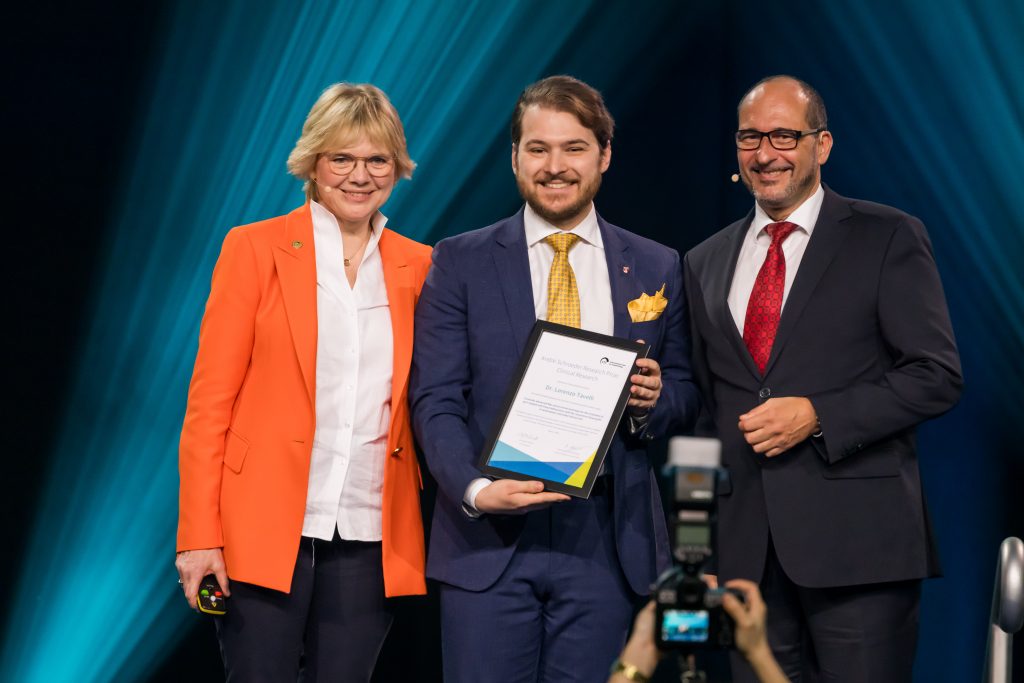
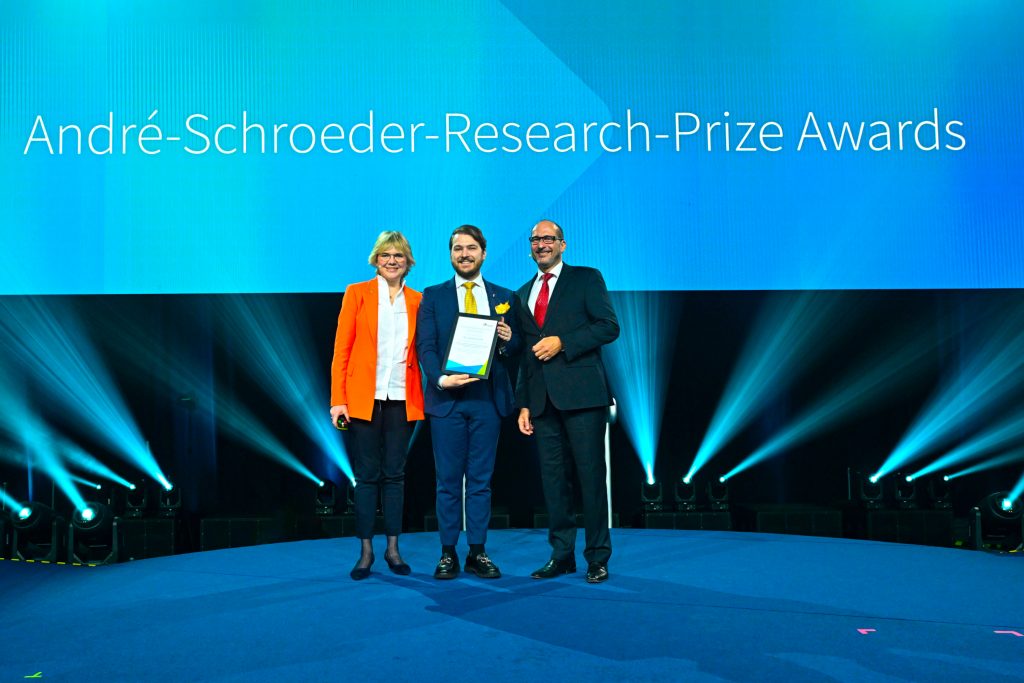
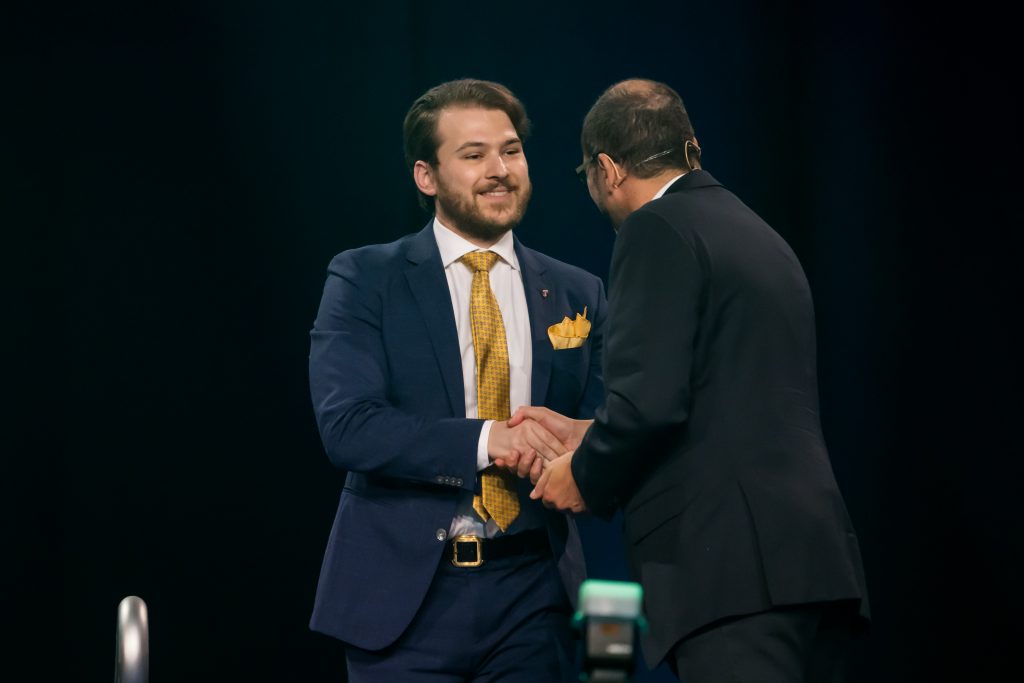
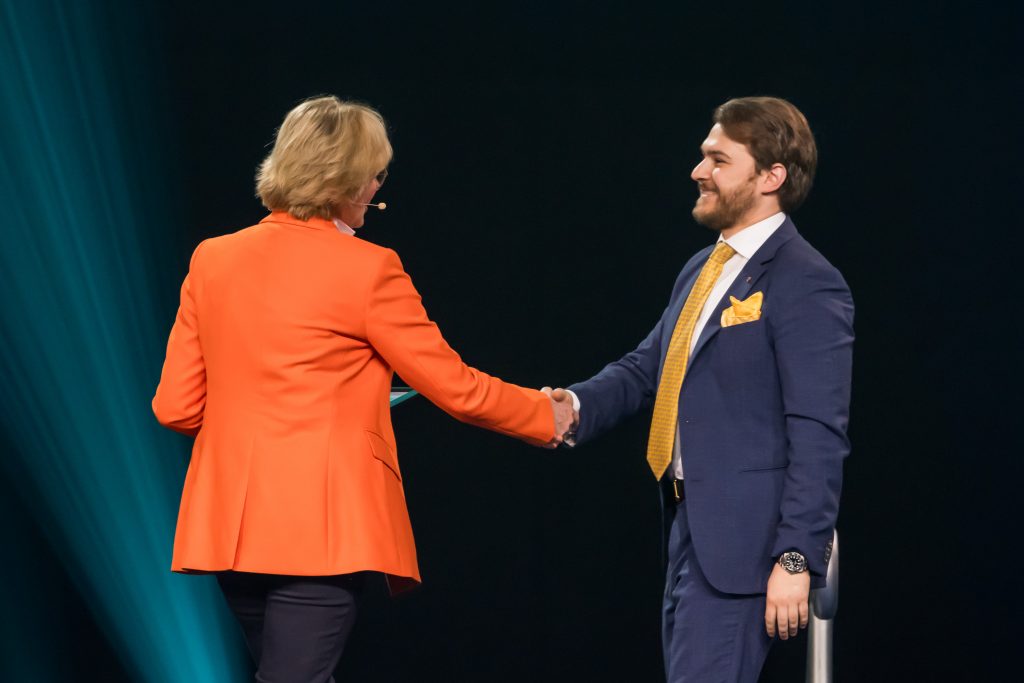
What made you select your study topics?
Lorenzo: I’ve always loved soft tissue management and grafting and believe we should all master soft tissue grafting in natural dentition before applying the same (and revised) concepts to dental implants. We noticed that there were few studies looking at soft tissue grafting around implants, in particular related to implant esthetic complications. That was the point of departure for our study.
Jean-Claude: For us it was important to try to gain a better understanding of spontaneous regeneration of the implant-mucosal and dento-gingival unit after complete removal of keratinized tissue in regard to dental implants. The results, among others, provided additional evidence for the biological rationale supporting the preservation of keratinized tissue prior to implant placement.
How relevant is your study to advancing the field of implant dentistry?
Jean-Claude: Our study advances our understanding of the biology of wound healing, which is crucial for the development of more effective and personalized treatments for patients. It paves the way for further research and refinement of treatment strategies.
Lorenzo: In the case of incorrect implant placement, which can lead to complications, autogenous connective tissue grafts were found to be effective in treating esthetic complications – especially when combined with a coronally advanced flap. This approach also promoted a significant improvement in patient-reported anxiety related to such complications. What clinicians should take home from our study is a deeper understanding of the importance of proper treatment planning when placing implants along with the key role of the soft phenotype and its augmentation via soft tissue grafting for the prevention and treatment of soft tissue dehiscences.
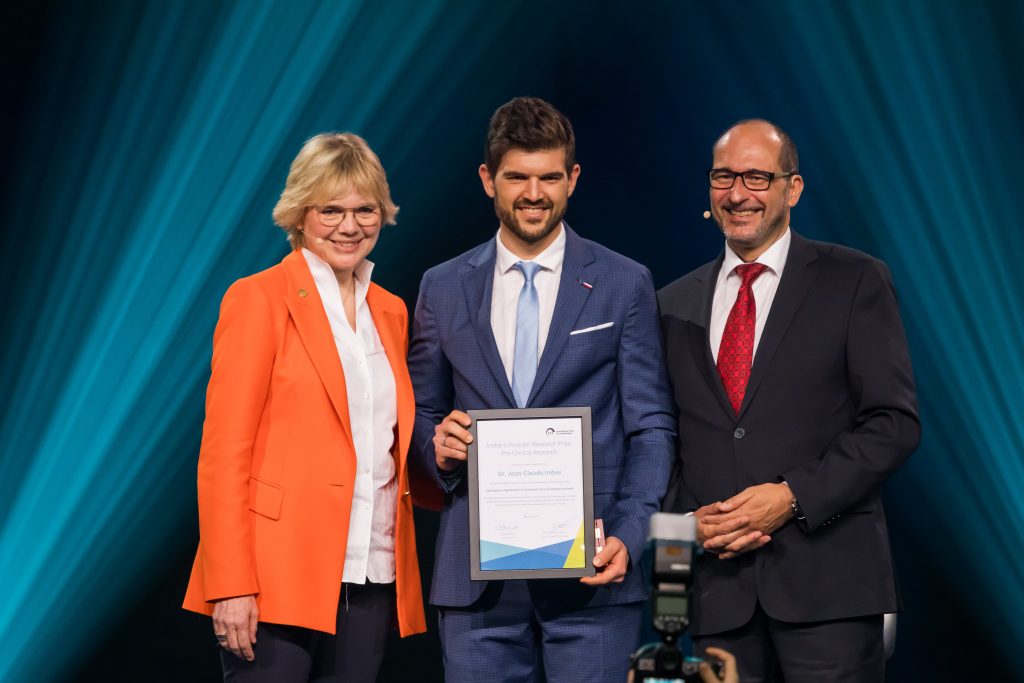
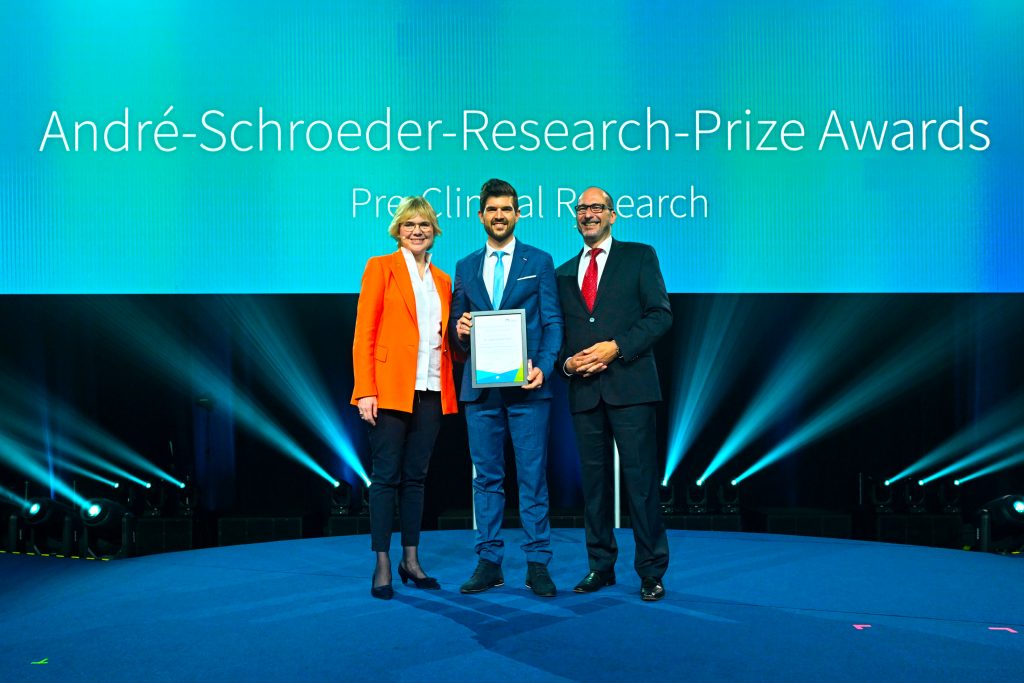
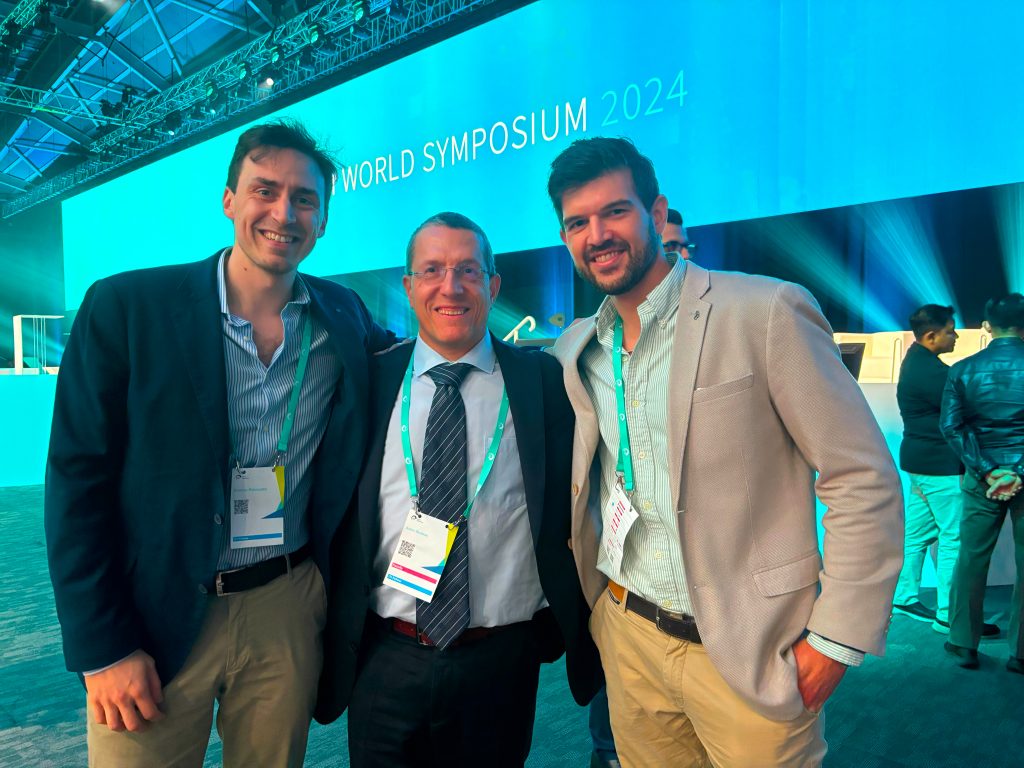
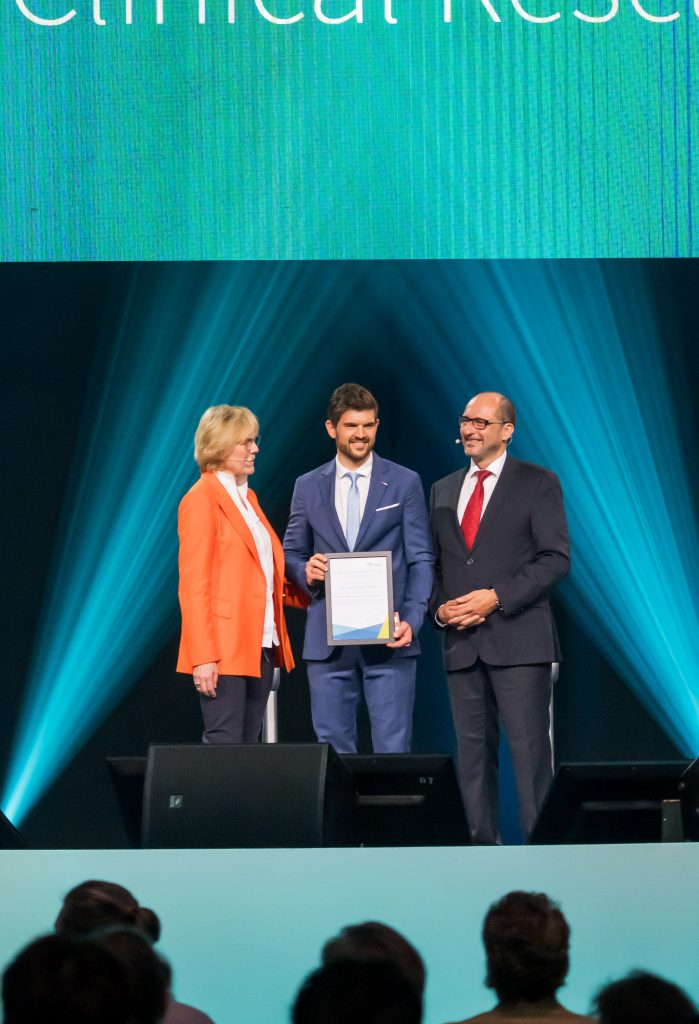
What significance do you think organizations like the ITI have for research in this field?
Jean-Claude: They play a vital role in advancing dental research by providing support, education and training for dentists. This support facilitates innovative research and ensures the translation of findings into practical applications for improved patient care.
Lorenzo: I agree. I believe we can say without a doubt that the ITI is really shaping the present and future of implant dentistry.
How has receiving this award affected you personally?
Lorenzo: I am truly honored to receive this award and I will use my “story” with my students and mentees. This award demonstrates the importance of working together as a team and being guided by experienced colleagues and mentors.
Jean-Claude: Knowing that the award has been a stepping stone for accomplished individuals in the field motivated me to strive for excellence and to make a meaningful contribution to implant dentistry. The recognition afforded by this award validates the dedication and effort I have put into my research and also serves as a powerful endorsement within the dental community.
Have you published your research? Then reap the fruits of your success and apply for the 2025 André Schroeder Research Prize. Get more information




